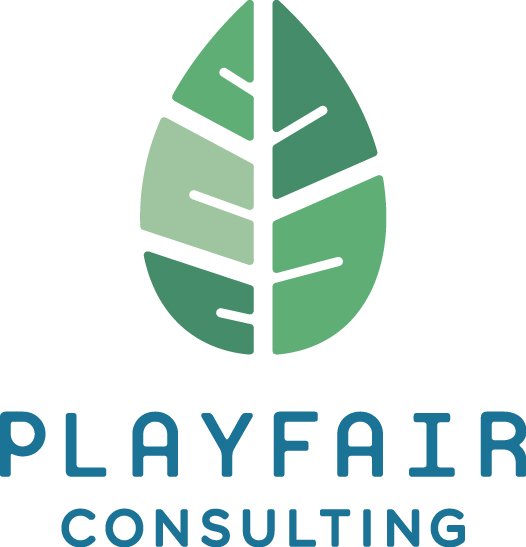Sanctimonious OCD therapists
When I asked local therapists “what do you want to know about OCD?” I heard from several that they’ve noticed OCD therapists can be hostile and self-righteous about treating OCD and wanted to know why. I like to try to be funny (my favorite defense mechanism!) so please read this as though I’m partially serious and partially joking. This is my personal perspective and not based on facts or data. Take it with a grain of salt.
Why do I think OCD therapists can be so self-righteous? Here’s my theory: When you specialize in OCD, you get these calls and emails all day long that say something like “I’ve been in therapy for 10 years and it’s recently come to light that I might have OCD. My therapist thinks I should seek out an OCD specialist. We’ve tried parts work, attachment-focused therapy, psychodynamic therapy, etc. and NOTHING has worked.” So, the OCD therapist takes the client and in 3-6 months, the client is nearly recovered from their OCD. The therapist feels powerful and important! We, wonderful OCD experts, HEALED THEM when others failed for over a decade. We feel SO COOL.
The thing is, at least in my case, I’m a one-trick-pony. I can treat OCD, some other anxiety disorders, a little neurodivergence, and some work-stress stuff. Oh and I guess I work with Cluster C personality traits pretty well too. But that’s it. Cluster B is totally overwhelming to me because I don’t have the skills to help. I don’t see couples or kids or families. Other, more complicated therapies are beyond me. I am good with one little part of mental health therapy. So dang-it, I want to shine in my one tiny corner (half kidding). Maybe other OCD therapists feel like that?
I also think that OCD therapists are the cerebral, over-controlled, cold, scientific, nerdy, tacticians in our field (or maybe that’s just how I feel sometimes). Like many humans, we probably cover up our inadequacies and personality-insecurities in other areas with a sense of superiority in treating OCD.
On a more serious note, it’s frustrating for the disorder you specialize in to be misunderstood and often made worse by professionals who don’t specialize in it. It’s hard to hear clients report that they’ve been working in (and paying for) therapy for years to get no traction on something that’s easy for us to treat. But getting territorial and pissy doesn’t help clients or other clinicians make more progress. The truth is that OCD treatment is simple (even if hard to do sometimes) and we should be helping our clients and other clinicians treat it better rather than riding on our high horses, throwing ourselves parties over our dominance. OCD therapy is counter intuitive, very process-focused, and may seem to disregard client’s content as irrelevant, going against many of the reasons therapists get into the field. But we can help any clinician treat it better if we dismount from our high horses.
The truth is OCD therapy isn’t hard once you learn it. Maybe some OCD specialists are scared that if our colleagues figure out how simple it is to treat, we will lose their spot in the industry and suddenly feel much less cool about our clinical skills. :( Treating OCD and related disorders is the only clinical thing I feel really good about my skills in.
So in the end, jerky behavior from OCD clinicians is probably just humans being humans - being scared of losing our value to other humans in our group if only folks knew how simple behavioral therapies can be.
